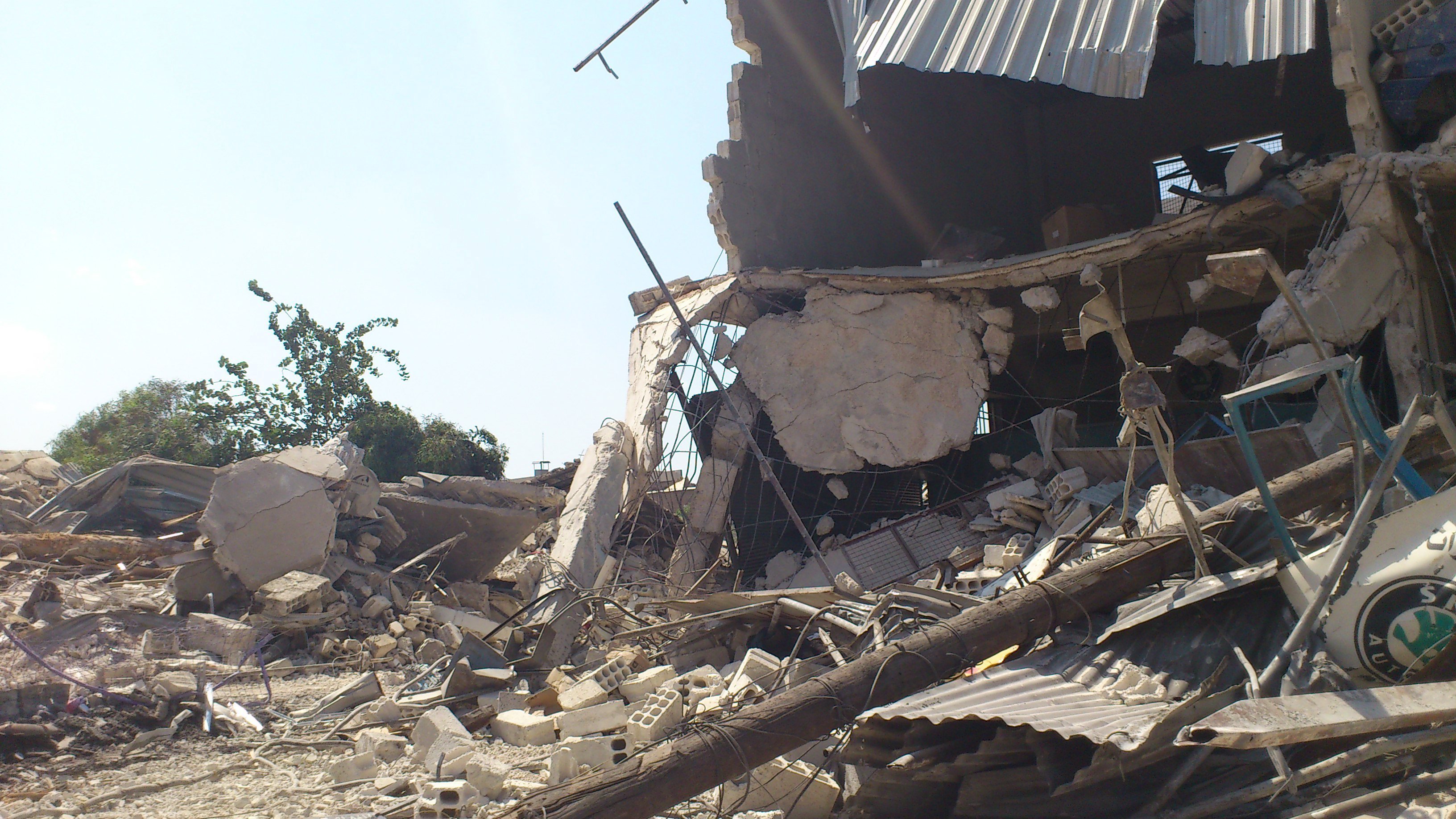EXECUTIVE SUMMARY
Recent reports of Syrian refugees returning to their home country after several years of civil war raise important issues, one of which being the status of their properties in the country. A recently enacted law called Law No. 10 of 2018 – ostensibly part of benign reconstruction legislation – has proven to be problematic for the millions of Syrians who are refugees, internally displaced or living abroad. This is happening on a scale that affects conflict settlement and the emerging post-war social order, as it shapes the framework for reconstruction and reintegration into the economy and social life. Although several articles have addressed the potential problems raised by this law, there are no analyses that explicitly tackle Law no. 10 from a rule-of-law perspective.
In this paper, I argue that Law No. 10 will permanently exclude displaced residents especially from having a voice in reconstruction in their home areas. In the first instance, the paper expounds on the different historical and socio-political aspects of the issue, which is necessary for a better understanding of the current state of affairs. The paper then analyses the specific parts of Law No. 10 that provide grounds for rule of law violations in its practice. In the third section, based on the aforementioned analysis, I propose a series of measures – consistent with international standards and best practices – that must be taken in order to effectively guarantee property rights for returnees and contribute to an equitable reconstruction process, both in the immediate term (e.g. including returnee property rights in peace talks) and in the longer term (e.g. establishing an independent adjudication body).
To download the full paper please click here.
 The Aleppo Project
The Aleppo Project